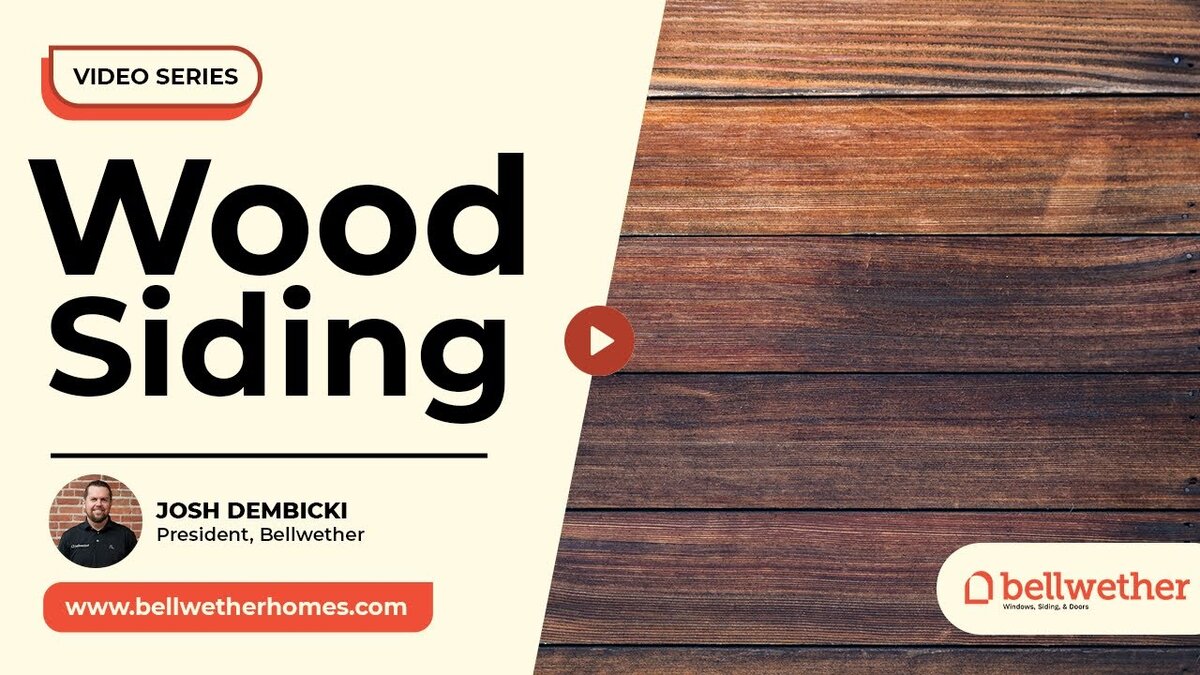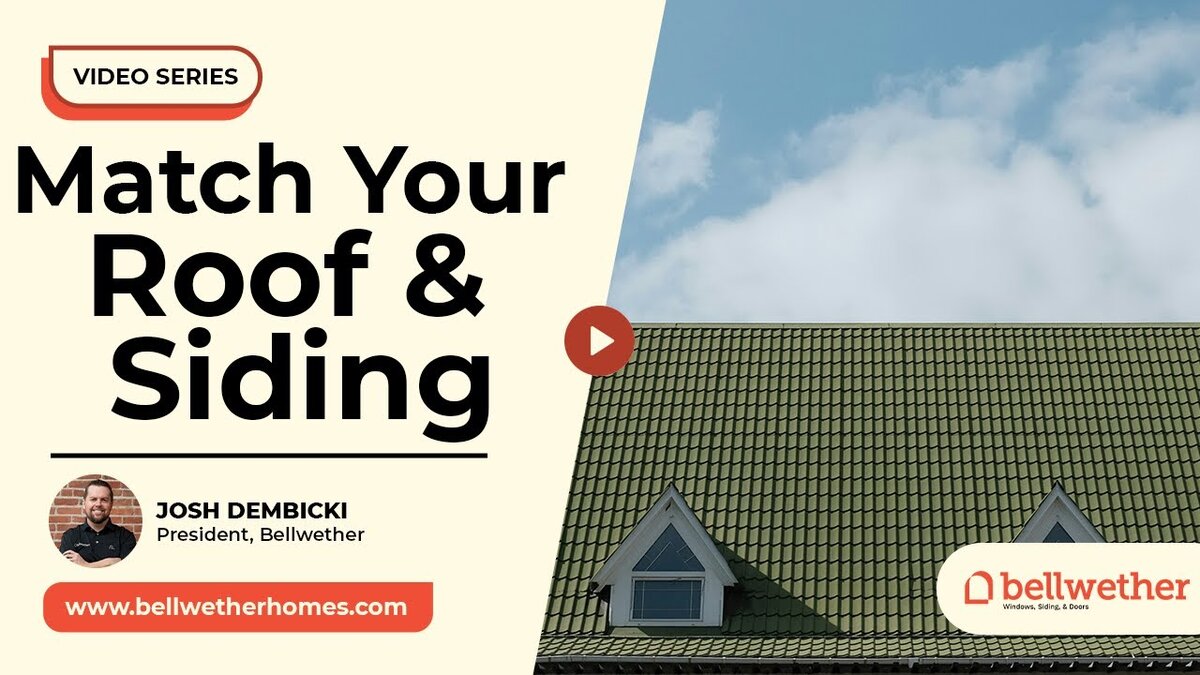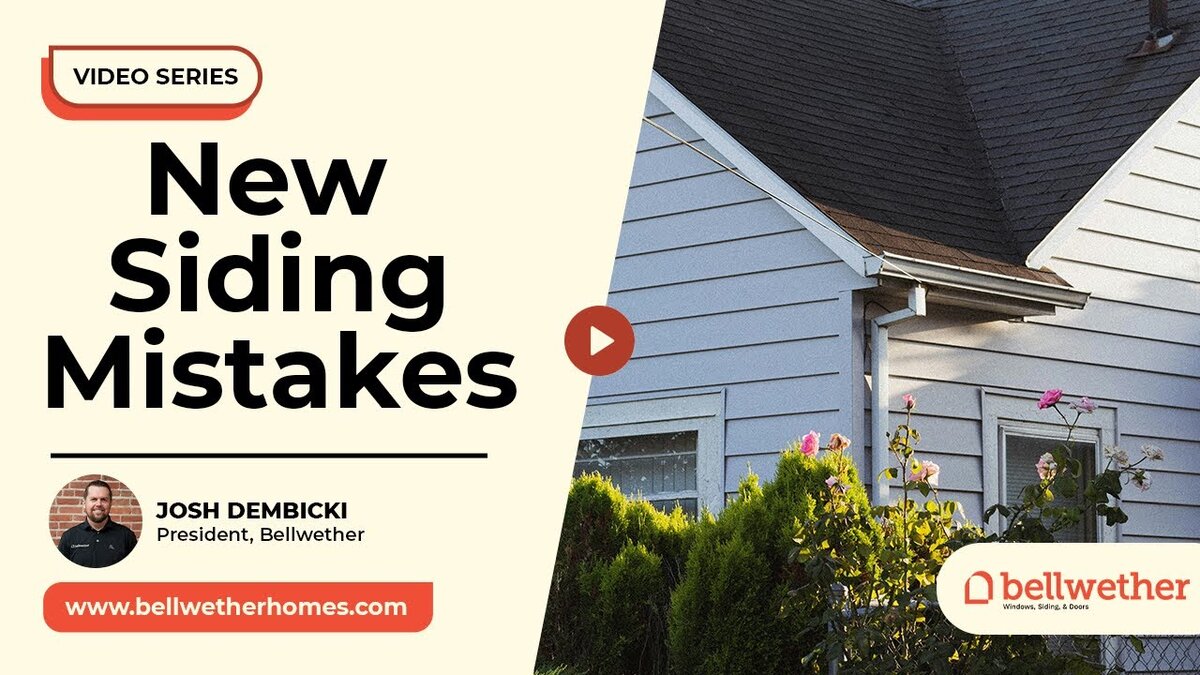As an alternative to natural wood siding, manufacturers have developed more affordable engineered wood siding, a slurry of wood chips and resin compressed to make a hard board. While this siding option is lower-cost and available in a growing number of profiles, there are major cons to engineered wood siding, especially on Colorado homes.
Engineered wood siding is appealing for its range of low-cost options.
Engineered wood siding has a variety of siding profiles.
Historically, there were not many engineered wood options, but recently, more material profiles have become available, including some higher-quality engineered wood. This makes it an appealing entry point for Colorado homeowners needing a siding replacement.
Similarly, engineered wood has pre-finished options.
In the past, wood and engineered wood siding options have only been available in primed boards. Now, there are more engineered wood products that arrive on-site pre-finished to the color of your choice.
Engineered wood is more affordable than natural wood.
Engineered wood is designed to be a low-cost option. Manufacturers compress wood chips with resin into a hard board, and this keeps production expenses down, which are passed on to the customer. However, in this case, lower-cost does mean lower quality.
Despite the low-cost appeal of engineered wood, it is not a wise choice for Colorado homeowners.
Engineered wood is susceptible to moisture intrusion and damage.
The wood chip and resin make-up of engineered wood siding keeps costs down, but it also makes the siding product vulnerable in continued exposure to moisture. In Colorado, snow and ice can melt against engineered wood, causing moisture absorption, and swelling or spongey boards.
Installing engineered wood leaves room for moisture.
Engineered wood siding has to account for this swelling, and so when installed, must leave space between the boards. Boards are adhered with H-clips, and the final result is not as finished as an abutting lap siding product like fiber cement siding.
Engineered wood is high-maintenance.
In order to keep your Colorado home protected against moisture damage, engineered wood siding must be carefully maintained. Most engineered wood comes with only a 15-year product warranty, and will deteriorate quickly after.
Engineered wood is not fire resistant.
In Colorado, one of the biggest climate concerns for homeowners is the risk of fire. Any wood siding product is vulnerable to spark and flame, and this is especially true of engineered wood siding, due to the resin in the boards. Homeowners wanting to protect against fire should opt for a grade-A fire resistant product such as fiber cement siding.
Colorado homeowners should opt for a better investment than engineered wood siding.
Though engineered wood has the appeal of a low-cost, easy-to-install product, it is not an optimal option for Colorado homes. It is susceptible to nearly all Colorado climate hazards, making your home vulnerable after a short amount of time. Engineered wood takes high maintenance to live out its short warranty, after which it will need to be replaced.
Making a long-term investment in a high-quality product like James Hardie fiber cement siding pays off in the end. Your home will look beautifully finished in a siding product that seals tightly, doesn’t warp, and holds up in Colorado weather elements, all backed by a 30-year product warranty. And most importantly, your home will be protected against the fire hazards threatening Colorado homes.
At Bellwether, we work with you to create a proposal that achieves the best results for your family’s needs, finances, and home environment.






